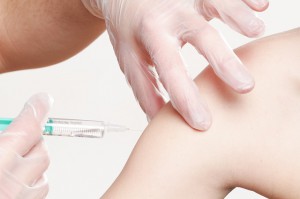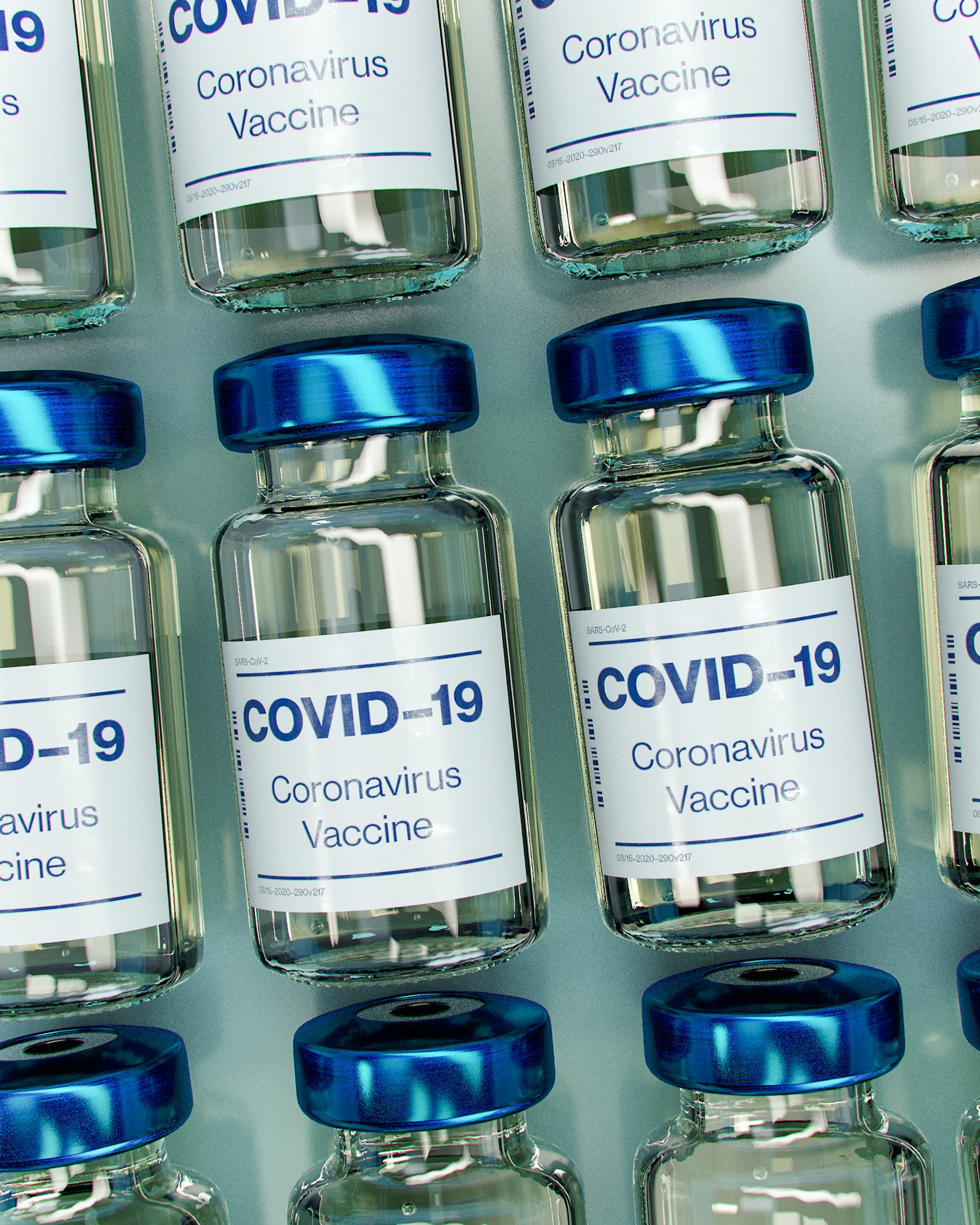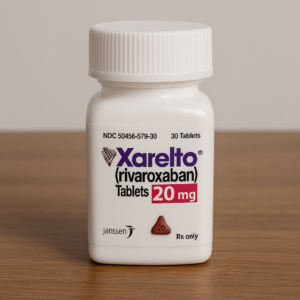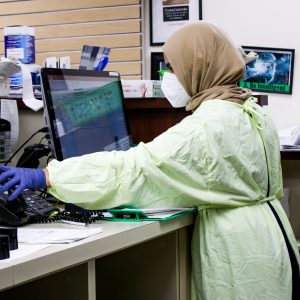Last Updated on January 30, 2020
August is National Immunization Awareness Month (NIAM) in the United States. This is the time of year when children and teenagers are heading back to school, toddlers are entering preschools or daycare programs, and many adults are heading into college or continuing their careers. Regardless of the situation, it is important to be aware of the need for getting vaccinated year round.
 Vaccines are a vital part of healthcare at all stages of life and offers the best protection available against many potentially devastating illnesses. The Center for Disease Control and Prevention (CDC) encourages parents to follow an immunization schedule for babies and young children, protecting them from 14 life-affecting diseases. Pre-teens and teenagers should begin to innoculate against meningococcal diseases (meningitis or septicemia) and HPV (Human Papillomavirus, which can lead to cancer). Adults should continue to protect themselves with a yearly flu shot, tetanus updates, and later in life the shingles vaccine.
Vaccines are a vital part of healthcare at all stages of life and offers the best protection available against many potentially devastating illnesses. The Center for Disease Control and Prevention (CDC) encourages parents to follow an immunization schedule for babies and young children, protecting them from 14 life-affecting diseases. Pre-teens and teenagers should begin to innoculate against meningococcal diseases (meningitis or septicemia) and HPV (Human Papillomavirus, which can lead to cancer). Adults should continue to protect themselves with a yearly flu shot, tetanus updates, and later in life the shingles vaccine.
An important element of immunization awareness is to protect our populations through “herd immunity” — when a high percentage of a population is vaccinated they protect individuals who have not developed an immunity. Babies are protected by their mother’s immune system at birth and continue to be passed antibodies from their mother’s breast milk; however, surrounding infants with people who have been vaccinated further protects them from serious diseases. Some individuals may be allergic to certain vaccines, leaving them without the benefit of immunization and largely depending on herd immunity from the surrounding populations throughout their lives. Lastly, there are children and adults who are immunocompromised and shouldn’t be vaccinated.
 No medicine can be considered 100% effective; the measles vaccine is 93-97% effective with one or two doses, respectively. Measles is so highly infectious that 90% of unvaccinated people who come close to an infected person will contract the virus. Being unvaccinated for infectious diseases is not only putting oneself in danger of serious illness and possibly death, but also the community at large.
No medicine can be considered 100% effective; the measles vaccine is 93-97% effective with one or two doses, respectively. Measles is so highly infectious that 90% of unvaccinated people who come close to an infected person will contract the virus. Being unvaccinated for infectious diseases is not only putting oneself in danger of serious illness and possibly death, but also the community at large.
Measles was declared eliminated from the United States in 2000, but that did not stop more than 1000 diagnoses being recorded in the first half of 2019 — the greatest number since 1992. The sharp rise in outbreaks is due to falling vaccination rates caused by the mass spread of misinformation, historical amnesia, and individualistic attitudes that encourage people to reject expert advice or only follow it selectively. The prevailing myth has been that vaccines cause autism and other developmental conditions, sparked by a 1998 paper by a doctor who has since been discredited and stripped of his clinical license. There have been dozens of studies that refute the association between vaccines and autism, but they have done little to quiet those who repeat lies and misinformation.
For those in need of assistance, our database of free, low-cost, and sliding-scale clinics has information on over 7500 clinics that offer immunization services. Search your ZIP code to find medical clinics near you that may offer free or low-cost immunizations. Pharmaceutical companies also offer Patient Assistance Programs (PAPs) such as Vaccine Patient Assistance Program. Call our toll-free helpline for more information at 1-800-503-6897 Monday through Friday 9am through 5pm Eastern Time.





